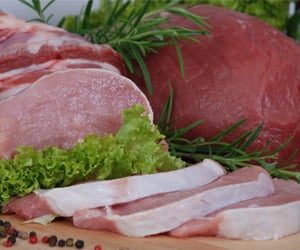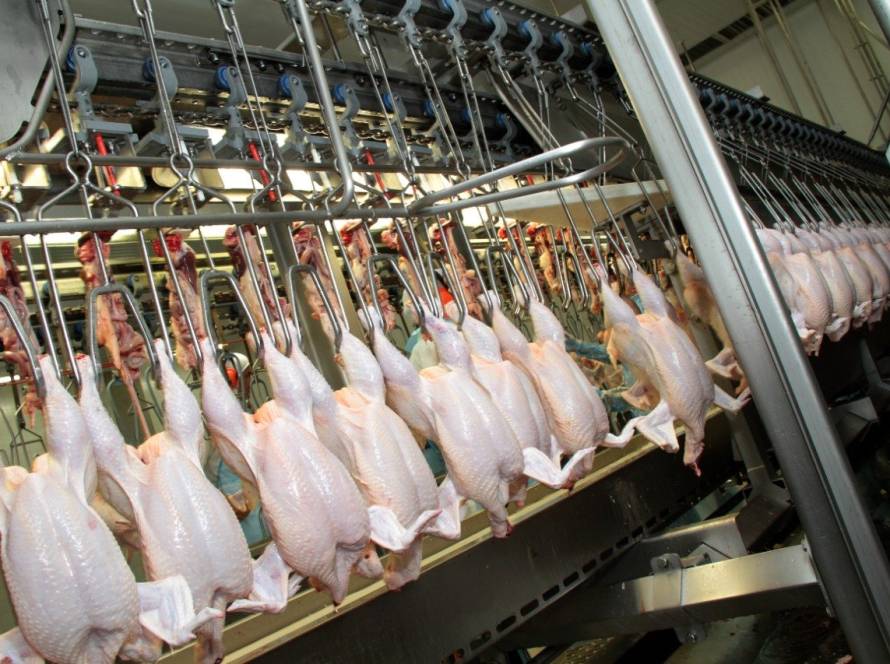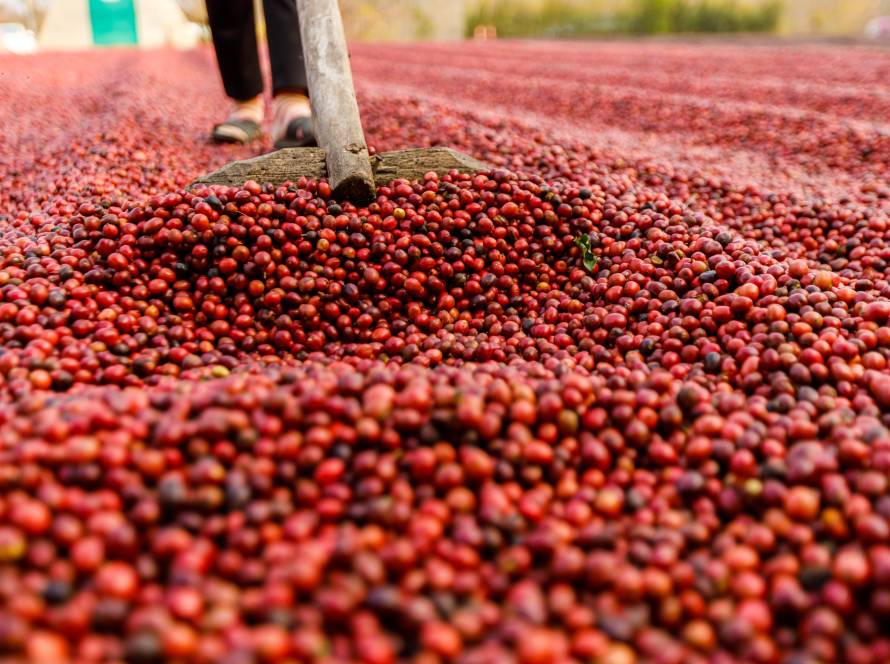![]()
BEIJING/CHICAGO, March 17 (Reuters) - Beijing has renewed registrations allowing hundreds of U.S. pork and poultry facilities to export to China, industry groups said on Monday, after lapses threatened shipments to the world's biggest meat importer.
The renewals are a relief for U.S. farmers and meat companies, who have faced trade disputes with major agricultural importers including China and Canada under President Donald Trump.
China is believed to have renewed registrations for five years for U.S. pork and poultry facilities that expired in February and over the weekend, according to the U.S. Meat Export Federation and the U.S. Poultry and Egg Export Council. Both groups said the U.S. beef facilities have not yet been renewed.
Shipments continued to pass through customs from facilities with expired registrations, but U.S. exporters were unsure how long that would last.
“We’ve been anxious for a while,” said Greg Tyler, CEO of the U.S. Poultry and Egg Export Council.
Beijing requires food exporters to register with customs to sell products in China.
China’s customs website showed that registrations for more than 1,000 U.S. meat plants granted by China under the 2020 “Phase 1” trade deal had expired on Sunday. That was roughly two-thirds of all those registered.
The trade deal ended the previous US-China trade war with a pledge by Beijing to increase its purchases of US goods and services, including meat, by US$1.5 billion over two years. China fell short of the target, which was agreed upon shortly before the COVID-19 pandemic hit.
The U.S. Department of Agriculture did not immediately respond to a request for comment. The agency has previously said that China has failed to respond to repeated requests to renew plant registrations, potentially violating the Phase 1 deal.
“We are pleased to see progress at the pork facilities and expect similar news on beef as soon as possible,” said Joe Schuele, spokesman for the U.S. Meat Export Federation.
Donald Trump's trade war is having a significant impact on the global economy, according to the OECD.
Beijing imposed retaliatory tariffs on about $21 billion worth of American agricultural products this month, including $10 billion in duties on U.S. pork, beef and dairy products.

In 2024, the US was China's third-largest meat supplier by volume, behind Brazil and
Argentina and accounting for 9% of China's total meat imports. U.S. meat shipments to China reached US$2.5 billion last year, making it the second largest exporter by value.
U.S. poultry exports have suffered due to bird flu outbreaks, but China remains an important market, Tyler said.
“We needed this market to stay open and these renovations were very important to that,” he said.
Reporting by Mei Mei Chu in Beijing and Tom Polansek in Chicago; Editing by Lincoln Feast, Himani Sarkar and Marguerita Choy




